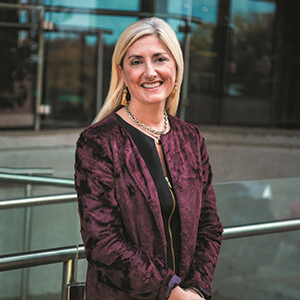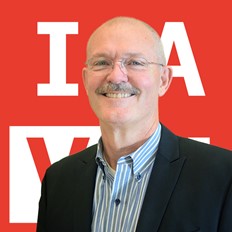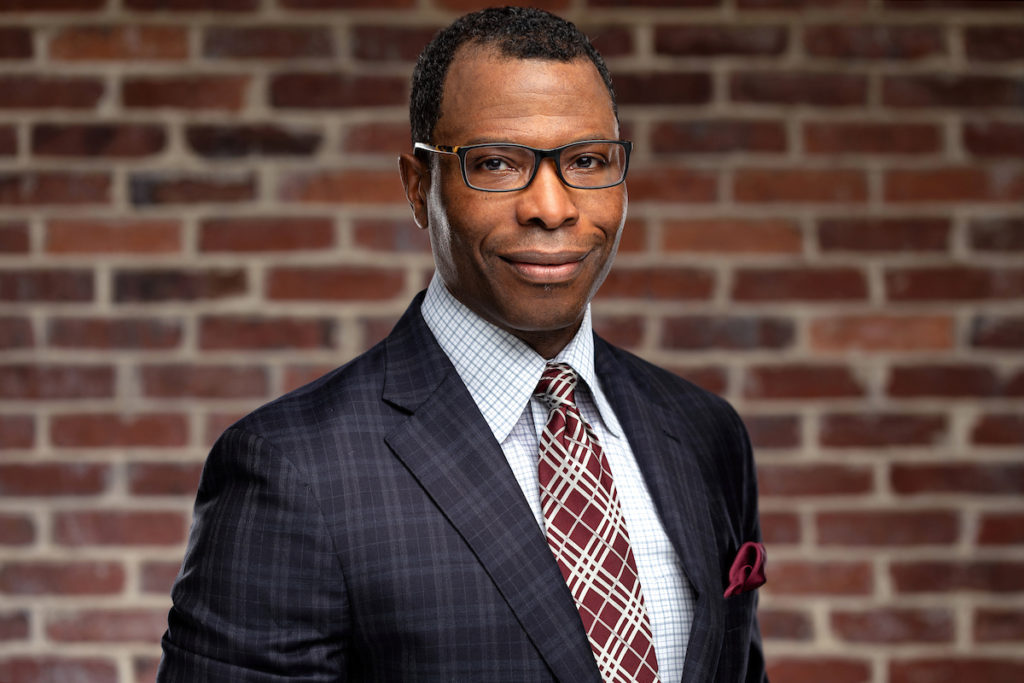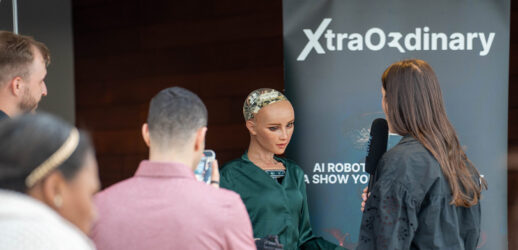It only makes sense that Events Industry Council’s EIC Advance virtual event running Wednesday through Friday of this week includes a focus on advocacy. After all, the new event is described as being laser-focused on advancing the industry, which will be a key catalyst to global economic recovery.
More: News of Effective Vaccine Sparks Hope for Return to Meeting
That is why a panel on speaking up for ourselves will kick-off the agenda that includes campfire facilitated sessions that cover EIC APEX Commission topics and keynote speakers Global Soap Project founder Derreck Kayongo, author and business owner Peter Sheahan and UPS manager of executive communications Janet Stovall.

“We are intentionally commencing the EIC Advance programme by hosting a session on global advocacy efforts,” said Amy Calvert, EIC CEO. “Committed to unity and the importance of one message with many voices across the globe, we must be our own best champion. We must capture the hearts and minds of policymakers to support our workforce and industry through our stories. My hope is that we are all inspired to take an active role in this regard, to participate in these calls to action, and to continue to share our industry’s role in the global economic recovery, driving business outcomes and building communities.”
Smart Meetings asked three of the panelists on the “A Unified Voice for Global Business Events Industry Advocacy” stage to share their message in advance of the discussion.
Relief Now
Both Brad Mayne, CVE, president and CEO of International Association of Venue Managers; Elliott Ferguson, president and CEO, Destination DC; and Sue Sung, senior vice president of corporate strategy with Freeman Company, stressed the urgency of getting relief quickly—and remaining vigilant after the crisis passes by continuing to tell the impactful meeting story.

“Our industry is a major economic engine when we are hosting events,” said Mayne. The ecosystem of live meetings is massive. Every community is served by multiple organizations, both not-for-profit and for-profit entities. Live meetings generate billions of dollars of commerce throughout the industry and employ millions of individuals. Many small businesses in every community serve the live meetings industry, which strengthens the community’s economic footing, particularly since most of those dollars come from entities and individuals outside of the area.
Sung added some context. In 2019, the industry contributed $1.1 trillion to the U.S. economy, attracting over 300 million visitors who drove billions of dollars in spending on travel, hotels, restaurants and Main Street commerce. This spend added $52 billion in federal tax revenues and $79 billion to state and local coffers. Business events directly contribute as much to the U.S. economy as the auto manufacturing industry and drive economic development in every state and across every sector of the GDP.
But it needs help in the face of COVID-19 shut-downs, Mayne said. “We need government relief/stimulus and protection now. The industry is risk adverse and has created protocols to safely meet. Venues have been an integral part in combating the COVID-19 virus as they have been repurposed as hospitals, homeless shelters, logistics hubs, testing stations, safe polling places and more.”

Ferguson pointed out the wide-ranging impacts of ignoring the essential sector. This pandemic has shed further light on the economic impact that hospitality and tourism has on our economies. From museums to restaurants to our hotels, these businesses have been hit to a devastating extreme by the pandemic. Our communities benefit from tourism and unfortunately, that has become adversely transparent during this time—not only in its traditional revenue sense but in jobs creation and resident tax relief as well. Digging even deeper, he praised the intellectual capital in destinations. “Our cities are incubators for ideas, innovation and thought leaders.
Sung set her sights on convincing elected officials that meeting professionals can be part of the solution for moving forward. “Having been completely shut down since March, with any supplemental funding long since used, we need Congress to pass a bipartisan economic relief package now,” she said. “Although, we recognize that any relief package likely to pass will not go deep enough or far enough to help our industry if we cannot reopen soon. For that to happen, we know we need to win confidence among officials and participants that reopening business events is safe.”
To Do List
All meeting professionals can play an important role in getting the industry going again. Mayne laid out a few action items. Set the expectation at your events for everyone to personally follow CDC and local guidelines. Associations have created coalitions to advocate on the industry’s behalf. He suggested following their call to action and reaching out to members of congress with the language they offer.
Sung framed a show-and-tell approach. Make the most of every event, no matter how small, to demonstrate that we are able to safely reopen and demonstrate the impact such events have on rebuilding economies—what it means to the hosts, attendees, venues, restaurants and retail. “We need to keep reminding officials why it’s both critical and safe that events are prioritized in reopening plans.”
Ferguson offered the idea of a partnership. “Stay engaged with your CVB/DMO. We are the gateway to reliable information and city experts for post-COVID recovery preparation, providers of safety measures and how we will effectively move into face-to-face meetings and creative solutions on ways to deliver content that will drive attendance whether face-to-face or through hybrid/virtual meetings.”
He also had suggestions for working with the local CVB to incorporate aspects of the city into the online space. “Play local music during introductions, give what would have been your host city complimentary booth space, display the city logo in various locations and play a welcome video from the city during a general session. This will help the city gain exposure since you can’t be there in person.”





